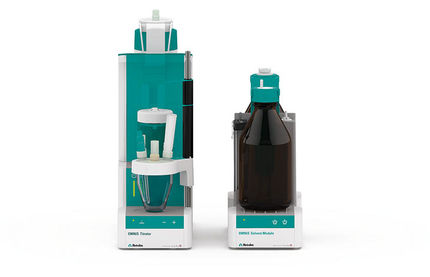To use all functions of this page, please activate cookies in your browser.
my.chemeurope.com
With an accout for my.chemeurope.com you can always see everything at a glance – and you can configure your own website and individual newsletter.
- My watch list
- My saved searches
- My saved topics
- My newsletter
Joint ImplementationJoint implementation (JI) is an arrangement under the Kyoto Protocol allowing industrialised countries with a greenhouse gas reduction commitment (so-called Annex 1 countries) to invest in emission reducing projects in another industrialised country as an alternative to emission reductions in their own countries. Countries with relatively high costs for emission reductions can reduce the costs of complying with their Kyoto targets by using credits from JI projects, as costs of emission reductions are significantly lower in some countries. Product highlightA JI project might involve, for example, replacing a coal-fired power plant with a more efficient combined heat and power plant. Most JI projects are expected to take place in the Annex I Parties with economies in transition in Eastern Europe and the former Soviet Union, where the costs of reducing emissions are considered lower. Unlike the case of the Clean Development Mechanism, the JI has caused less concern of spurious emission reductions, as the JI, unlike the CDM, takes place in countries which have an emission reduction requirement. Emission reductions achieved with JI projects are awarded credits called Emission Reduction Units (ERUs), where one ERU signifies an emission reduction of one tonne of CO2 equivalent. See also
|
||
| This article is licensed under the GNU Free Documentation License. It uses material from the Wikipedia article "Joint_Implementation". A list of authors is available in Wikipedia. |







